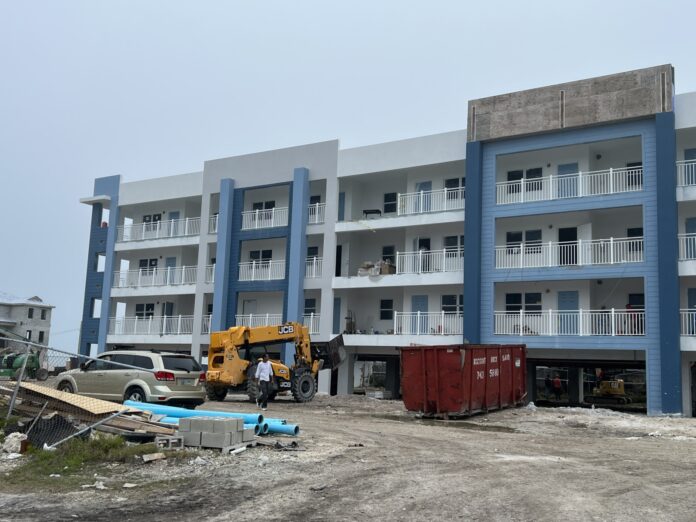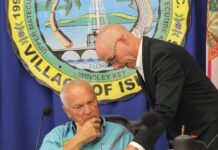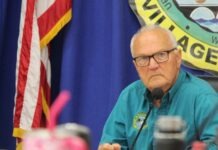
An affordable housing bill signed by Gov. Ron DeSantis on March 30 safeguarded the Keys 1,000-plus affordable housing units, which were given by the state and later challenged in court over an evacuation time ahead of a hurricane.
With Senate Bill 102, units are exempt from state statute that mandates a hurricane evacuation clearance of no more than 24 hours. In 2018, then-Gov. Rick Scott approved a program that presented the workforce housing units to the Keys, so long as tenants of those units left 48 hours ahead of a hurricane.
Questions over the evacuation eventually led to a legal battle and decision by the Third District Court of Appeals that revoked the units, claiming it violated state statute. A request for the third DCA to re-hear the case was denied, and the state Supreme Court on Jan. 13 rejected an escalation of the appeal, seemingly leaving a legislative fix as the only viable option. The decision left the city of Marathon in a bind, as the city already allocated and built a number of its 300 units provided by the state.
The city of Key West and village of Islamorada accepted its 300 units but never allocated them. Key West’s units weren’t in jeopardy from the court ruling. Monroe County never fully accepted the units as officials monitored the battles in court and the legislative fix in Tallahassee.
Opponents of the units, including appellants Cecilia Mattino in Marathon, Catherine Bosworth in Islamorada and Naja Girard in Key West, argued that the additional units posed a public safety risk by coloring outside the lines of statutes designed to ensure safe and orderly hurricane evacuations along the limited U.S. 1 corridor.
“The 24-hour limit is there for a really good reason; it’s there to protect the people of the Keys,” attorney Richard Grosso told the Weekly on Feb. 9. “The idea that it’s only a good idea until we can’t develop anymore, and that it’s no longer important, is just incredibly reckless and dangerous. It flies in the face of the reality of the real-world limits to development in the Keys. … This is continued pursuit for development at all costs.”
Language related to the Keys’ 1,300 units was a small piece to a Senate bill that provided $711 million in housing projects and assistance. Around $259 million went to a state program that provides low-interest loans to developers building affordable housing. A total of $100 million was provided for first-time homebuyers who work in law enforcement and fire rescue, serve in the military and teach in the classroom.
A total of $252 million for another state program will give local governments incentives to build partnerships with developers who are preserving available housing or producing more housing.
Legislation also implements new policy preempting counties on zoning, density and height restrictions for certain multi-family rental developments in commercial and mixed-use areas. Specifically, a county must authorize multi-family and mixed-use residential as allowable uses in any area zoned for commercial or mixed-use, if at least 40% of the units will be affordable for at least 30 years and serve incomes up to 120% area median income.
The bill also requires a local government maintain a policy of procedures and expectations for expedited processing of building permits on its website.
Legislation also prevents local governments from imposing price controls on rent, unless the entity finds that such a price would “eliminate an existing housing emergency, which is so grave as to constitute a serious menace to the general public.”
Republican state Rep. Alexis Calatayud, of Miami-Dade County, sponsored legislation that gained support from Democrats and Republicans. The Senate voted 40-0 on March 8. Only six of the 109 House members who voted on the bill said “no” on March 24.
“The biggest housing concern we hear from young people is that there is no place for them to raise their own families in communities they grew up in, where their extended families have lived for generations. That changes today,” she said.























